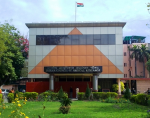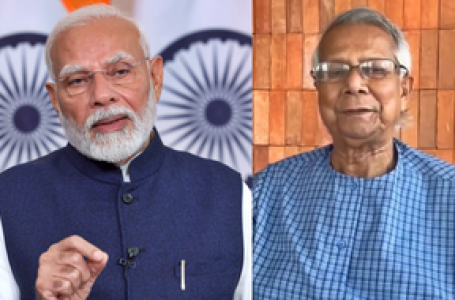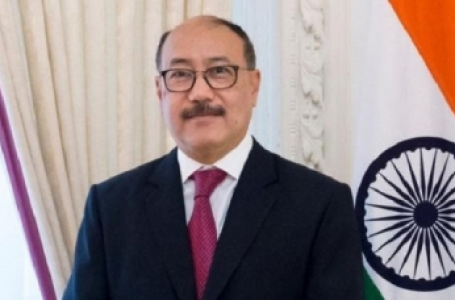
New Delhi: The Supreme Court of India has adopted Artificial Intelligence (AI) language technology to translate judicial documents, enhance legal research, and automate various processes, said Arjun Ram Meghwal, Union Minister of State (Independent Charge) of the Ministry of Law and Justice, in a written reply to the Lok Sabha on Friday.
Since February 2023, AI has also been employed for transcribing oral arguments in Constitution Bench matters.
The minister informed that to oversee the translation of significant Supreme Court and High Court judgments into vernacular languages, a Committee led by an Hon’ble Judge of the Supreme Court has been established.
“The Committee is having regular meetings with the Sub-Committees of High Courts comprising Hon’ble Judges to expedite the process of translation,” Meghwal said.
The AI translation committees of the High Courts are actively monitoring the translation of Supreme Court and High Court judgments into regional languages. Currently, eight High Courts have already launched e-High Court Reports (e-HCR), with others in the process of doing so.
Furthermore, the AI Committees have instructed the High Courts to request their respective State Governments to translate all Central and State legislation, rules, and regulations into regional languages and make them available on State websites.
“It has also been impressed upon all the State Governments to extend full support to the respective High Courts in the exercise of translation of judgments since it is part of ‘access to justice’ as envisaged under the Constitution of India,” the MoS said.
Using AI, “36,271 Supreme Court judgments have been translated into Hindi, and 17,142 judgments have been translated into 16 other regional languages,” till August 5, the Minister said, adding that these translations are available on the e-SCR portal.
Notably, no separate funds have been sanctioned for this translation project. Despite this, the Supreme Court continues to make significant strides in ensuring that legal documents are accessible to all citizens, enhancing transparency and inclusivity in the Indian judicial system, the minister said.
IANS



















